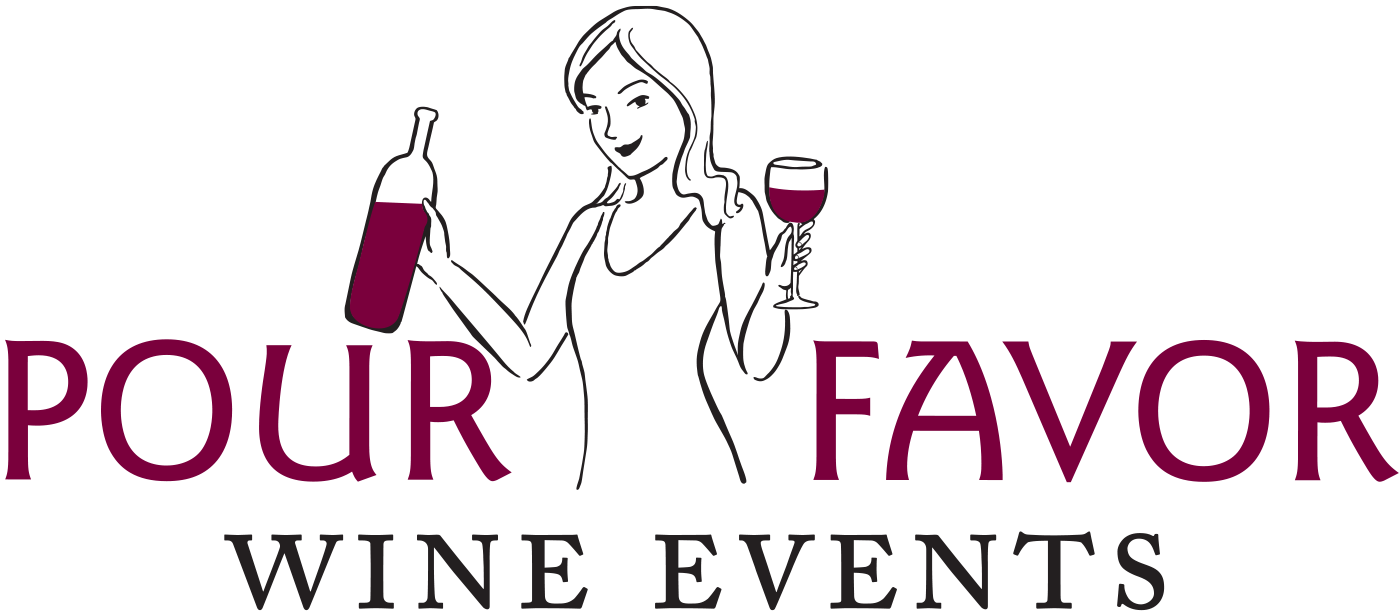"There is no kosher taste, except Manischewitz," Jeff Morgan, principal and kosher vintner at Covenant joked last week. Jeff was in-town from his now native California to speak at a VERY rare seminar focused exclusively on kosher wines (thank you Elie Wiesel Center for Judaic Studies at Boston University!)
Kosher wines are arguably the least understood "category" of wine. Non-Jews are intimidated by it, not wanting to bring the wrong thing to a dinner/party. Meanwhile, practicing Jews are often afraid of two things: the aforementioned Manischewitz from their childhood (Concord grapes just aren't awesome for wine production...); and the price of decent/good kosher wine (rightfully so). Many wine retailers have a hard time helping, most only battening down the hatches a few times a year around the "big" Jewish holidays in the fall and Passover in the spring. And, in their defense, since kosher wine isn't an "every wine consumer" category, or an all-year round "necessity," there isn't the same demand as, say, for California Cab or Bordeaux wine.
So imagine the shock wave that went around the room when Jeff started last week's seminar with this statement:
"ALL WINE IS KOSHER [pause] because all wine is HOLY."
Pause (again) for audience reaction....
Amen!Certainly all wine lovers (religious or not) can agree on that one, right?
But, of course and unfortunately, that's oversimplifying a bit. What sets Kosher wine apart from others is why we had all convened - to hear the truth about kosher wine, maybe learn a trick or two. Turns out it is both a super simple, and dramatically impactful answer: who is handling the wine. Because who handles the wine, from crush to bottling is the key - and it must only be Sabbath-observing Jews. This means you and your winery staff have to get the nod from a Rabbi. (Grapes on the vine aren't yet wine, so your field team can be whoever you choose.)
Of course, you may very well have to close up shop in the middle of harvest to observe the fall holy days. And Sundays are a no-go, too.
Oy vey.
So yes, it very well may take an act of God to produce a great wine in any given year - but that's a reality all wine producers face all year long for various reasons.
Naturally, you're now wondering about that whole Mevushal thing. Yeah, that's still legit. If a wine is Mevushal (look for the certification on the label) then a NON-observant Jew can handle the wine once it has been bottled. Today a little process called flash pasteurization (essentially heating up the wine or "cooking" it) gives it universal street cred so anyone invited to your table can pour it, Jewish or not. Back in the day, the idea was that since cooked wine has as much flavor as you might suspect pagans were unlikely to use it and, therefore, could go about their idol-worshipping without any disrespect to God him/herself. True: historically, they realized even pagans have standards so Mevushal wine was a solid safeguard. Fortunately, flash pasturization is a process that's evolved, so the wine isn't (necessarily as) bad (as you'd imagine) these days.
While things may have also evolved enough in this day and age that we have at least one man beyond the teams at Baron Herzog and Manichevitz committed to kosher wine domestically, that doesn't mean really good (kosher) wine is affordable or readily available. Jeff promised me he's working on that though.
And in the meantime, remember the other obvious take-aways we haven't yet said out loud: just as a New York Jew can make kosher wine in California, not all Israeli winemakers produce kosher wine. So ask your local wine buyer next time you're shopping for a kosher selection.
To life!


